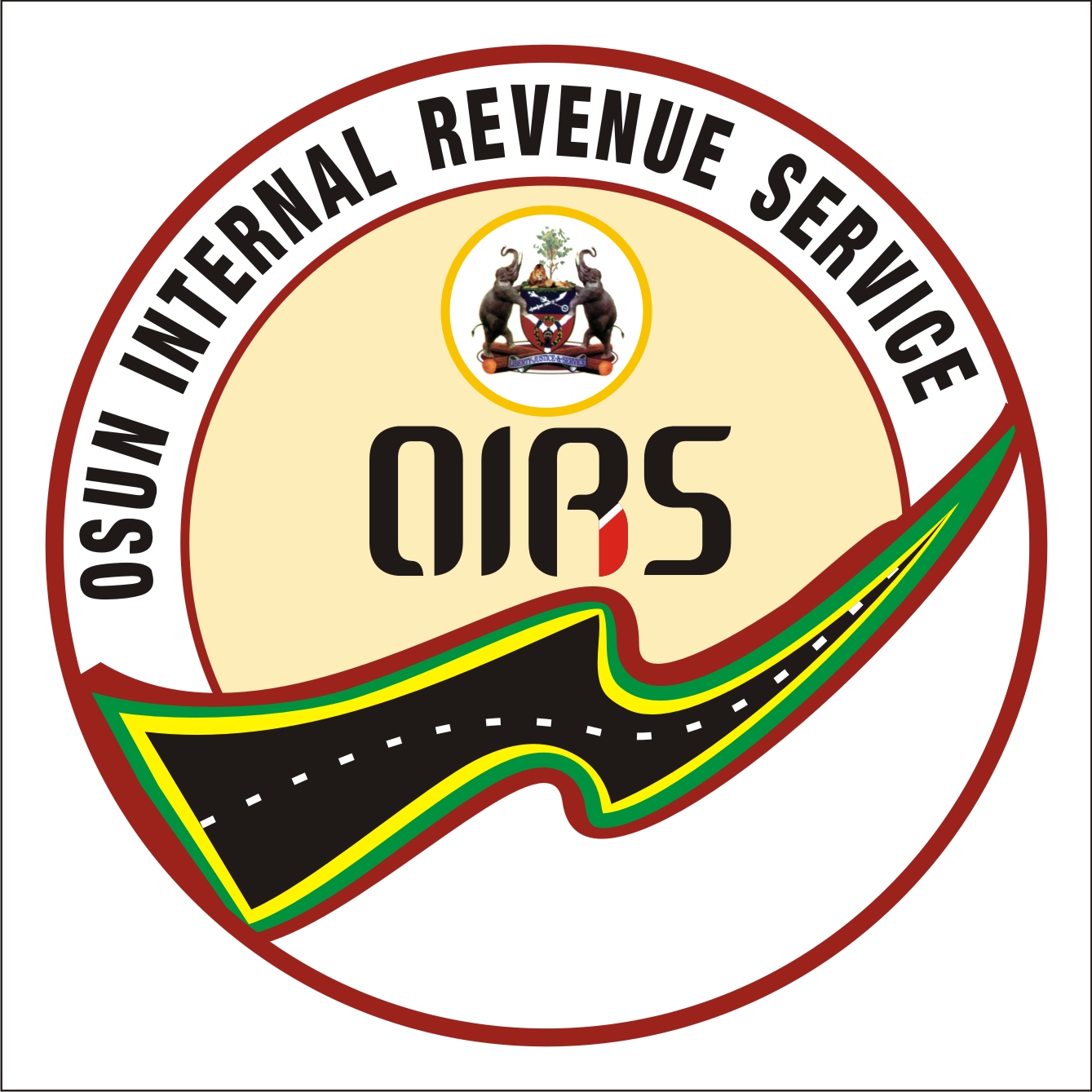
Why Taxation In Osun? Why?
In Nigeria’s fiscal federalism, the central government’s revenue allocations, with its occasional grants-in-aid, to the lower tiers of governance meant to support the state governments to deliver public services and navigate new areas, has grossly declined.

The central government uses taxing and general welfare power to give financial handouts to the states to pay for the services the states provide, making the central government a partner of the states. But somehow, the reduction in the finances from the federation accounts to the federating states due to global economic meltdown has forced the states to rely on their own revenue sources. By the way, the grants-in-aid, so called bailout, strictly speaking, is a ‘mercy’ grant from the central government and there is no political, legal or constitutional compulsion to continue the mercy.
Yet, state governments have major responsibility of providing the services needed by the governed. They require taxable residents and businesses to provide counter-part funds to finance the cost of the services. Regrettably however, the bastardization of the State of Osun economy by the past government of the Peoples Democratic Party (PDP) had gravely reduced the tax base of Osun with nebulous taxable businesses, loss of tax revenue and paucity of funds as consequences for the state.
Why taxation in Osun, why? Reality time is here and now. Taxes are the best alternative windows to the present day Osun to make up for the short-falls in the federal revenue allocations to the states of the federation. Tax funds will greatly contribute towards financing the development projects of Governor Rauf Aregbesola in education, health, roads, agriculture, mineral resources, security community affairs, environmental and sanitation, rural development, transportation, women, youths and sports, and other vital sectors, bringing unprecedented benefits to individuals and businesses in the state. Tax money will support Aregbesola’s huge physical infrastructure projects, general welfare activities including slum and mud clearance, and social interventionist programmes that fight poverty frontally at all levels. It is Aregbesola’s into urbanization.
Only the deep recognizes the deep. Justice Oliver Wendell Holmes Jr (1841 – 1935), apparently alluding to Aregbesola’s urbanization of Osun, stated that, “taxes are the price we pay for civilization”, urbanization (emphasis mine). Holmes, a literary giant, attended Harvard Law School (1864) and was admitted into Masschusett Bar in 1867. He was editor, Harvard Magazine; editor, American Law Review; author, the Common Law; Justice of the Supreme Judicial Court of Massachusetts; Law Lecturer, Harvard University; and Justice of the United States Supreme Court in 1902.
Taxation, as a general obligation of the tax payers to be carried out in exchange for particular benefits covers government expenditures, energizes the economy, and encourages certain personal and corporate activities by tax exemption, or discourages the activities by heavy taxation. And for that, the residents and businesses of Osun ought to contribute towards the support of the government to increase the level of the economy of the state in unrestricted proportions. The urbanization of Osun as the outgrowth of Aregbesola’s completed and on-going development projects and the corresponding level of per capita income, no matter will make it possible to finance the increases in Osun economy.
Such increases in the state economy will generate more than proportionate increases in personal and corporate income tax revenues for the state, putting Osun in a relatively favourable position for the growth of revenues. But before now, the Osun government tax structures from the PDP days in the Bola Ige House Osogbo, the state capital, had depended on less elastic revenue sources and the income taxes were less heavily utilized, the development that generated fiscal deficit for the state, with the expenditures exceeding the revenues. It was a snapshot of Osun government’s financial position especially in the almost out-gone fiscal year.
Governments at all levels, the world-over have always financed their deficits by borrowing, and the borrowed funds are repaid with interest. These repayments usually have first call on government’s revenues and must be made if the government is to remain solvent and credit worthy. In Nigeria, the deficit status of the component states is importantly being remedied, at least fairly, courtesy of the last bailout from the central government in the federal system.
Meanwhile, I have had ample time to study the Osun recent outlay of taxes and levies, right on my table in office. The new taxes will not obstruct the industry of the residents of the state as the taxes only take out something negligible from their pockets. All the taxable objects in the state are treated alike and what the tax payers will pay is certain, not arbitrary. Same tax is not laid twice on the same tax object. And the extent of the income jurisdiction is essentially determined by the residence of the tax object and the source of its income.
As though, there is a minimum connection between the subject of taxation and the taxing power, the law prescribing the taxes enables the Osun government to have a claim on the tax payers to grow the revenues of the state from the taxes levied on the value of such property as farms estates, houses, stores, factories, private schools, business equipment; taxes levied on income from such sources as wages, salaries, dividends, interests, rents and earnings of corporations and estates; and taxes levied on sales of goods and services and on privileges.
Good enough! Aregbesola’s deployment of taxation as instrument of socio-economic control of Osun economy is aimed at using taxation as legitimate exercise of public authority to ensure no excess burden, or disruptive impact is laid on the private sector, to nib in the bud the Justice John Marshall’s off-quoted dictum: “the power of tax is the power to kill”. Marshall (1755-1835), the 4th Chief Justice of United States, died unsung, July 6, 1835. His death and tax nexus cannot exemplify the Osun new tax system.
The Osun governor is neither prepared to allow any replication of taxes by the local governments in the state. Indeed, by legal restrictions, he sets taxation limit for the third tier of governance in the state. Local governments have statutory power to tax although.
Of course, yes. Elements of tax enforcement, jurisdiction, legitimacy, and rules of conduct central to general governance of Osun, are basic to the administration of the new tax system in the state. Why taxation in Osun, why? Aregbesola, the state tax chief executor has sufficiently persuasive grounds to lay out taxes and administer them.
One, constitutionally, Aregbesola is the chief executive of the state with authority to access the assets of Osun, assess the assets, pays valid debts and administer the state prudently. He has a command over the resources of the state; and he receives the financial reports of the state agencies and submits his budget to the state legislature, the budget containing his decisions on raising revenues and on what programmes and projects to spend money, for public benefit. The budget lies at the very core of his decisions.
Two, legally, Aregbesola as the tax chief administrator in the state has power to make taxable objects obey the rules of taxation willingly, or by the threat of punishment for people found guilty of disobedience or evasion of taxes. And the tax regime as specified in the law cannot be nullified by the judiciary, except there is a general judicial review of the tax system.
Three, publically, Aregbesola has the competence and personal integrity to act to discharge his duties as state chief tax collector. And electorally, he has both the will and testament of Osun electorate, implied in their massive votes for him, empowering him to act as official executor of taxes. And four, ethically, Aregbesola has moral ground to ask for taxes from the Osun taxables, the beneficiaries of his laudable development projects in the state to enable him complete his massive public projects out there and everywhere in the state for the blind to touch and feel, the deaf to see, and the cripple to be attracted.
A well-ordered tax system like Osun’s, will promote social objectives that are deemed worthwhile within a system of public finance. The Osun’s tax structure, if replicated at the national level will contribute to the stabilization of levels of income, promotion of full employment and a stable price level, nationally speaking.
In this way, our nation at large will be better for it. And Osun will be more worthwhile to and work, the ultimate dream of Aregbesola.
The writer Isaac Olusesi is Assistant Director, Directorate of Publicity, Research & Strategy, All Progressives Congress (APC), State of Osun.


